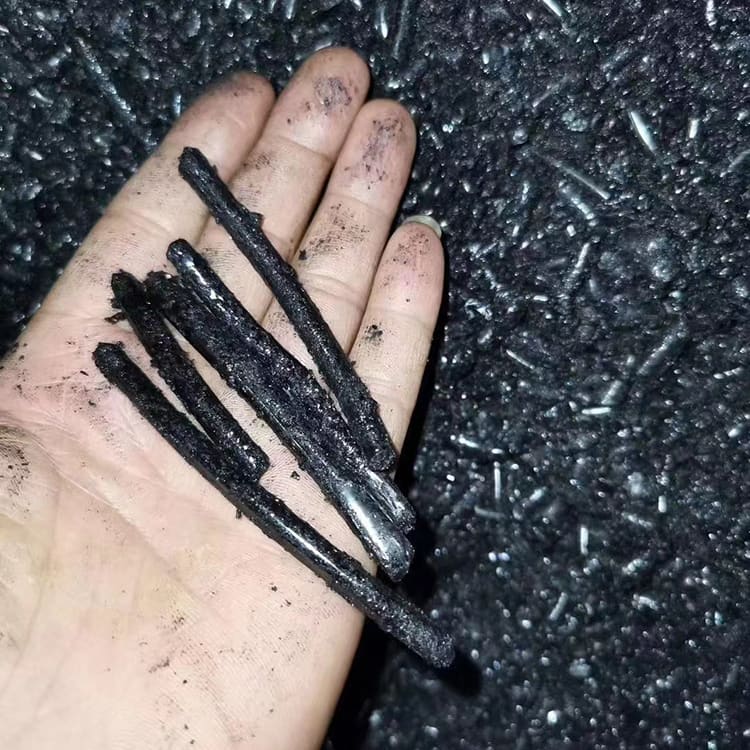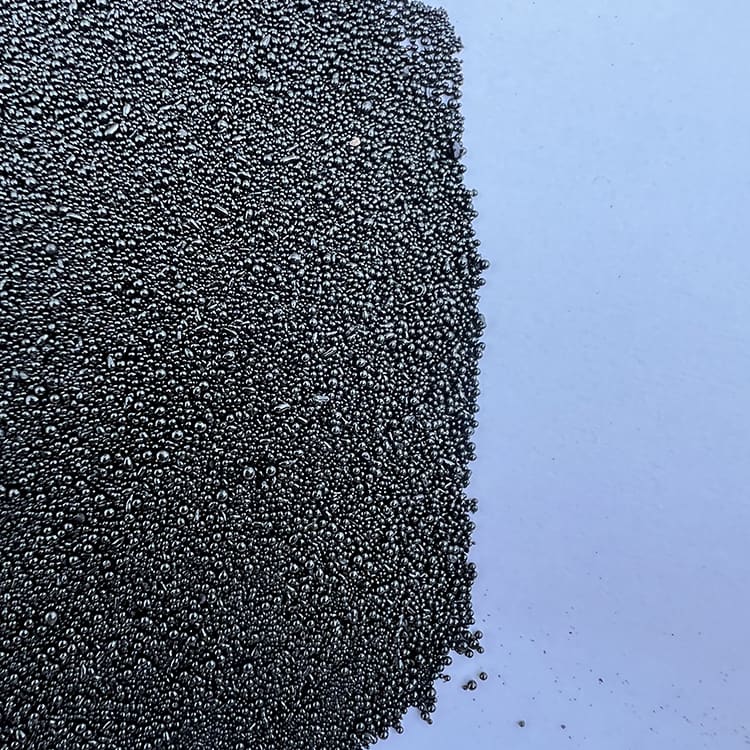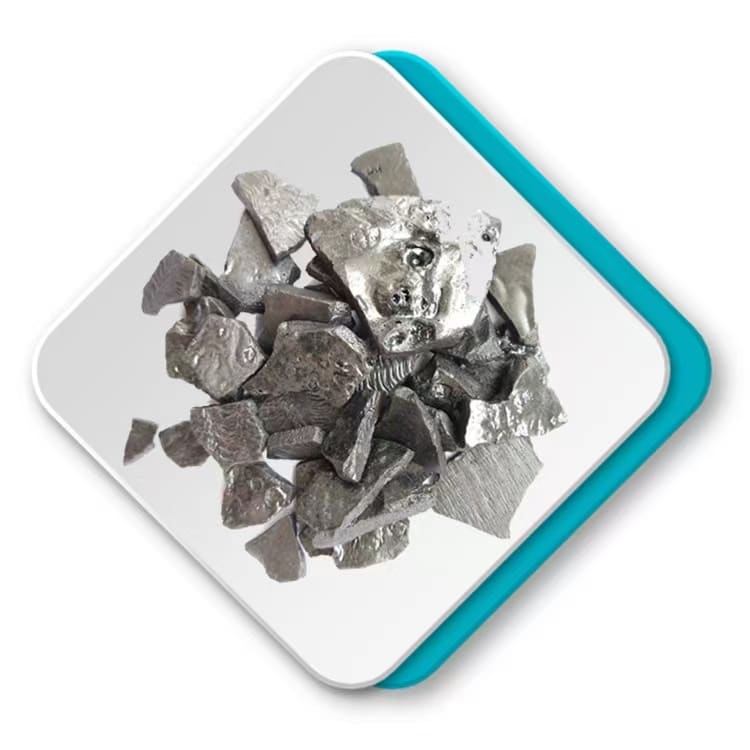Are you looking for a high-energy, cost-effective carbon source for your industrial needs? This article dives deep into the world of coke, particularly petroleum coke, also known as pet coke or petcoke, exploring its uses, benefits, and important environmental considerations. Understanding the nuances of calcine and the role of the EPA is crucial for making informed decisions. Read on to discover why understanding these materials can be a game-changer for your business.
Delving into the Details: Unlocking the Secrets of Coke
What exactly is coke, and how does petroleum coke fit in?
Coke is a fuel with few impurities and a high carbon content, usually made from coal. Think of it as the solid carbonaceous material derived from destructive distillation of low-ash, low-sulfur bituminous coals. However, petroleum coke, often shortened to pet coke or petcoke, is a distinct entity. It's a carbon-rich solid material derived from oil refining. Specifically, it’s a byproduct of cracking and thermal processes in a refinery, where heavy residual hydrocarbon fractions are treated. So, while both are forms of coke, their origins are different. You might hear about coke oven processes related to coal coke, but petroleum coke formation happens in a different industrial setting.
| Feature | Coal Coke | Petroleum Coke |
|---|---|---|
| Origin | Bituminous coal | Oil refining residues |
| Sulfur Content | Generally higher | Variable, can be high or low |
| Ash Content | Present | Generally lower |
| Uses | Steelmaking, foundry fuel | Fuel, aluminum smelting, carbon products |
Petroleum Coke vs. Coal: What are the key differences in fuel and emissions?
When comparing petroleum coke and coal as fuel sources, several key distinctions emerge. Generally, petroleum coke boasts a significantly higher energy density, meaning it releases more heat per unit of weight compared to coal. For example, the gross calorific value of petroleum coke is often higher. However, this comes with considerations regarding sulfur. Depending on the type, petroleum coke can have a higher sulfur content than some types of coal. This higher sulfur content can lead to increased emission of sulfur oxides when burned, which is a major environmental concern. Regulations often focus on limiting these emission levels. While coke itself has a low level of toxicity, the emission profile of its combustion products is a crucial factor. Therefore, the choice between pet coke or petcoke and coal often involves a trade-off between energy efficiency and potential environmental impact.

What makes calcined petroleum coke so special?
Calcined petroleum coke, often referred to as calcined coke, is a specific type of petroleum coke that has undergone further thermal processing of green coke. This thermal processing, typically in a rotary kiln, removes residual volatile hydrocarbon and moisture. The result is a product with a higher percentage of carbon, improved electrical conductivity, and increased density. Calcine is essential for industries like aluminum smelting, where it serves as the primary source of carbon for the electrode production process. The processing of green coke into calcined coke significantly alters its physical properties, making it suitable for specialized applications. Without this calcine, the production of aluminum and certain types of titanium would be significantly hampered.
Why is petroleum coke such a valuable fuel source for various industries?
The value of petroleum coke lies in its high carbon content and energy density, making it a cost-effective fuel source for various industries. For example, cement kilns and power plants utilize it due to its ability to generate significant heat. Compared to coal, petroleum coke can offer a higher heat output. The fuel grade of petroleum coke is a significant factor in its appeal. Furthermore, specific types of petroleum coke with low ash content are valuable in the production of graphite electrodes used in electric arc furnaces for steel and titanium production. The versatility of coke is evident in its wide range of applications, from basic energy generation to specialized material production. The economic advantage of using petroleum coke as fuel often outweighs the concerns about its high sulfur content, especially when appropriate emission control technologies are implemented.
What are the potential health risks associated with coke and petroleum coke?
While coke itself has a low level of acute toxicity, potential health risks arise primarily from the inhalation of particles, especially fine particles like PM2.5 and PM10, generated during handling and combustion. Long-term or chronic inhalation exposure to coke dust can lead to respiratory issues. The Agency for Toxic Substances and Disease Registry (ATSDR) provides information on the potential health effects of exposure to substances like coke. Concerns also exist regarding the presence of trace amounts of heavy metals in some types of petroleum coke. Studies, such as those involving scanning electron microscopy and metals analysis using ICP-OES, have been performed to investigate the elemental composition of petroleum coke. It's important to note that the potential health effects are largely related to dust exposure, particularly for residents living near petcoke storage storage piles or handling facilities. Proper dust control measures are crucial in mitigating these risks.

How does the EPA regulate emissions related to petroleum coke?
The EPA, or Environmental Protection Agency, plays a crucial role in regulating emissions related to petroleum coke combustion and handling in the U.S. Regulations focus on controlling particle matter (particle), sulfur dioxide, and nitrogen oxides, which are common pollutants from burning fossil fuels. The EPA sets national ambient air quality standards and enforces them through permits and monitoring. For example, the EPA Region 5 has been involved in monitoring air quality near facilities handling petroleum coke. Concerns about fugitive dust from petcoke storage have also led to increased scrutiny and the implementation of best management practices to minimize pollution. The Department of Environmental agencies at the state and local levels also play a significant role in enforcing environmental regulations related to petroleum coke. Understanding and adhering to these EPA regulations is essential for any business involved with petroleum coke.
What role does high-quality petroleum coke play in aluminum smelting and steel mills?
High-quality petroleum coke is indispensable in both aluminum smelting and steel mills, though its role differs. In aluminum smelting, calcined petroleum coke serves as the primary feedstock for producing carbon anodes used in the electrolytic process to extract aluminum from alumina. The high carbon content and low impurity levels of calcine are critical for anode performance. In steel mills, while coal coke is more traditionally used in blast furnaces, certain grades of petroleum coke can be used as a supplementary fuel source or as a carbon additive in electric arc furnaces. The high energy content of petroleum coke can contribute to efficiency in these high-temperature processes. Therefore, securing a reliable supply of high-quality coke is paramount for these industries.
Considering carbon content and sulfur levels: What are the implications for your business?
The percentage of carbon and sulfur levels in petroleum coke are crucial factors that significantly impact its suitability for different applications and its environmental footprint. High carbon content generally translates to higher energy value, making it more desirable as a fuel. However, higher sulfur content means potentially higher sulfur dioxide emissions upon combustion, requiring more stringent emission control measures. For applications like aluminum smelting, low sulfur calcined petroleum coke is preferred to minimize impurities in the final product. Understanding the analyses of petroleum coke, including its volatile matter, ash content, and heavy metals content, is crucial for making informed purchasing decisions. For instance, our factory with 7 production lines ensures rigorous quality control to meet specific carbon and sulfur requirements.

Where can you source high-quality petroleum coke, especially for export to the USA, Europe, and Australia?
Sourcing high-quality petroleum coke for export requires finding reliable suppliers with established international trade experience. As Allen from China, representing a factory with 7 production lines specializing in coal tar products and petroleum coke, we cater to the B2B market and have extensive experience exporting to the USA, North America, Europe, and Australia. Potential customers like Mark Thompson in the USA, who are company owners and procurement officers, often find suppliers through exhibitions and Google search. When seeking suppliers, consider factors like production capacity, quality control measures, and logistical capabilities. Our north and south facilities ensure consistent production and supply. We understand the needs of aluminum smelters, steel mills, graphite electrode manufacturers, road construction companies, and carbon black producers.
What certifications and quality inspections should you prioritize when purchasing petroleum coke?
When purchasing petroleum coke, prioritizing certifications and quality inspections is paramount to ensure you receive a product that meets your specific needs and environmental standards. Look for suppliers with ISO certifications, which demonstrate a commitment to quality management. Request detailed analyses reports, including metals analysis, to verify the elemental composition and ensure it meets your requirements. Environmental compliance certifications are also crucial, especially considering the EPA regulations in the U.S. and similar regulations in Europe and Australia. Thorough quality inspection before shipment can prevent issues like certificate fraud and ensure the physical properties of the petroleum coke meet your specifications. We understand the importance of these factors for customers like Mark Thompson and strive to provide complete transparency and documentation.
Key Takeaways: Fueling Your Understanding of Coke
- Petroleum coke is a valuable, high-energy carbon source derived from oil refining, distinct from coal coke.
- Calcined petroleum coke is a thermally processed form crucial for industries like aluminum smelting due to its high purity and conductivity.
- While offering economic benefits, petroleum coke combustion can have environmental implications due to sulfur content and emissions, requiring careful management and adherence to EPA regulations.
- Understanding the carbon content, sulfur levels, and other physical properties is vital for selecting the right type of petroleum coke for your application.
- Sourcing from reputable suppliers with robust quality control and relevant certifications is essential for securing high-quality petroleum coke for export markets.
By understanding the nuances of coke, especially petroleum coke, and its various forms, you can make informed decisions that benefit your business while remaining environmentally responsible. Consider the advantages of high-quality materials and various temperature grades offered by experienced suppliers like us to meet your specific industrial needs.
Post time: 01-20-2025





